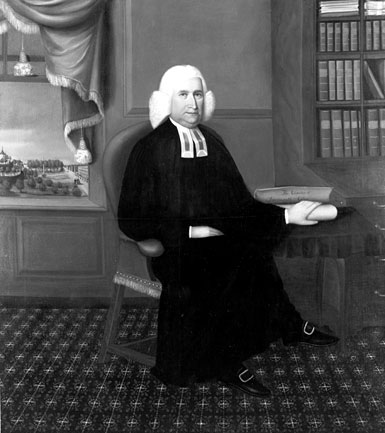 IS the Pentagon truly going to deploy an army of cultural relativists to Muslim nations in an effort to make the world a safer place?
IS the Pentagon truly going to deploy an army of cultural relativists to Muslim nations in an effort to make the world a safer place?A few weeks ago this newspaper reported on an experimental Pentagon “human terrain” program to embed anthropologists in combat units in Iraq and Afghanistan. It featured two military anthropologists: Tracy (last name withheld), a cultural translator viewed by American paratroopers as “a crucial new weapon” in counterinsurgency; and Montgomery McFate, who has taken her Yale doctorate into active duty in a media blitz to convince skeptical colleagues that the occupying forces should know more about the local cultural scene'.
So begins an op-ed piece in the NYTabout the engagement of cultural anthropology in the service of military operations. I've read the article a few times through and still don't get it. The author, Richard Schweder, concludes that 'It turns out that the anthropologists are not really doing anthropology at all, but are basically hired as military tour guides to help counterinsurgency forces accomplish various nonlethal missions'; but nevertheless comes out against the Network of Concerned Anthropologists [which] has issued a statement that reads in part:
'We, the undersigned, believe that anthropologists should not engage in research and other activities that contribute to counter-insurgency operations in Iraq or in related theaters in the “war on terror.” Furthermore, we believe that anthropologists should refrain from directly assisting the US military in combat, be it through torture, interrogation, or tactical advice'.
Schweder gets all weak at the knees over the 'heartwarming' vision he 'began to imagine [of] an occupying army of moral relativists, enforcing the peace by drawing a lesson from the Ottoman Empire. The Ottomans lasted a much longer time than the British Empire in part because they had a brilliant counterinsurgency strategy. They did not try to impose their values on others. Instead, they made room — their famous “millet system” — for cultural pluralism, leaving each ethnic and religious group to control its own territory and at liberty to carry forward its distinctive way of life'. As much as the Armenians, say, have doubtless appreciated and profited from the Ottomans' do your own thing hippie philosophy, I have a hard time seeing how that example justifies an endorsement of anthropology's contribution to what the Network of Concerned Anthropologists describes as 'a brutal war of occupation which has entailed massive casualties'.
Further, it strikes me as somewhat disingenuous that he doesn't acknowledge that the pursuit of anthropology has always been intimately tied up with the pursuit of practical, tactical information, directly or indirectly in the service of military or otherwise national interests. See (for example) Ruth Benedict.







